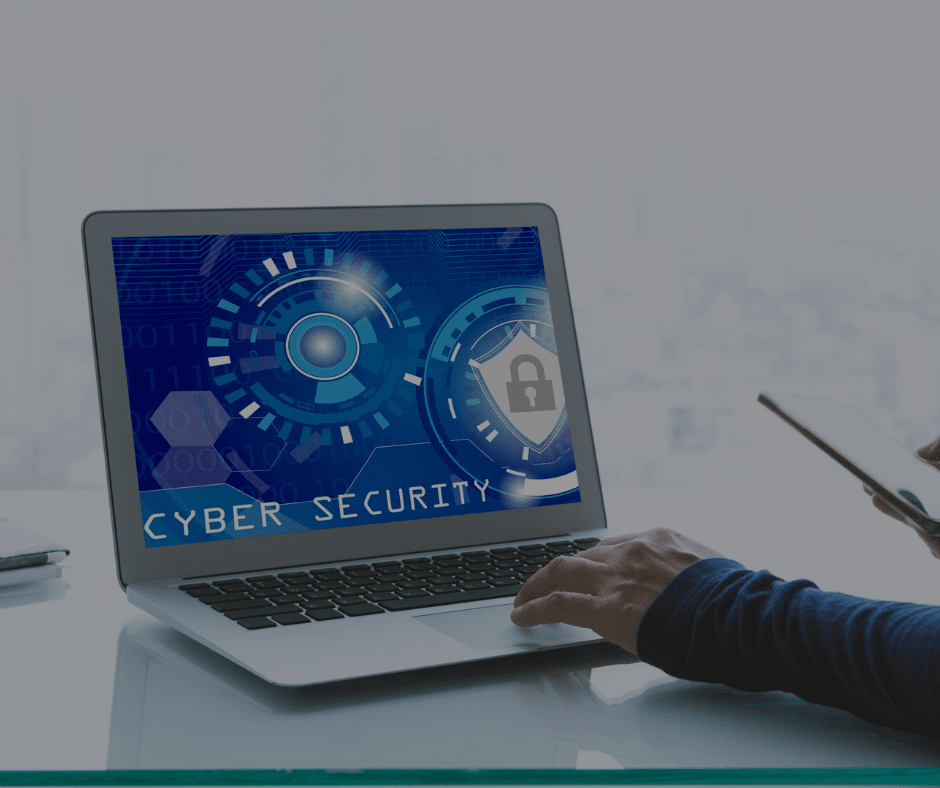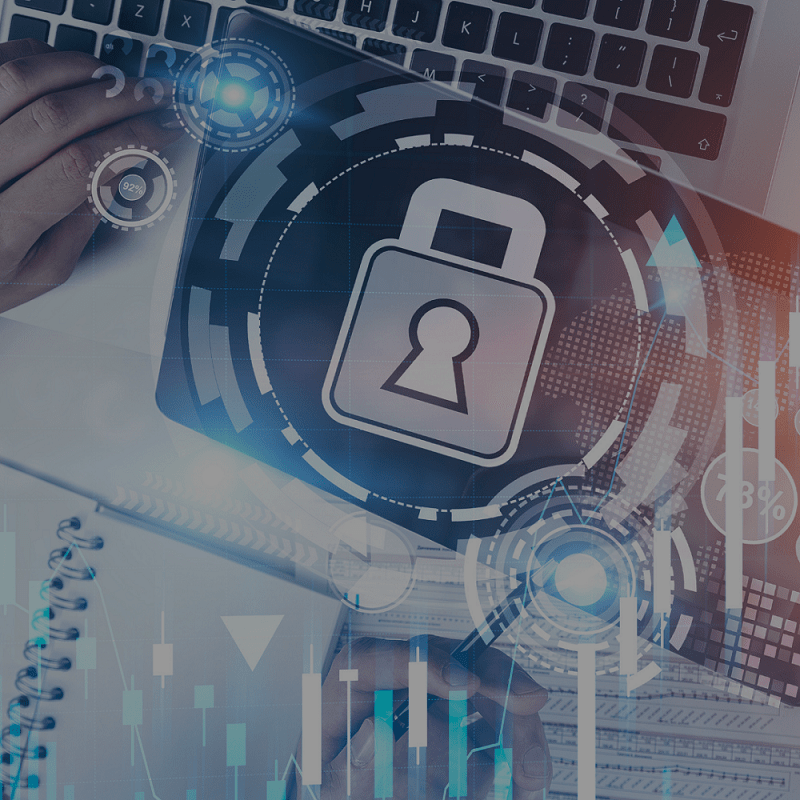In an era where remote and hybrid working models have become the norm, businesses are rapidly adapting to new digital landscapes. The shift has brought forth unprecedented opportunities, but it has also exposed companies to unique challenges, making reliable IT support and robust cybersecurity more critical than ever. Enter expert firms like Codus IT, who not only offer a lifeline for technical issues but also pave the way for streamlined operations, innovation, and fortified defenses against cyber threats.
The Changing Landscape
The remote and hybrid working trend has reshaped the traditional office setup. Employees now collaborate from various locations, relying heavily on digital tools and connectivity. While this transformation has enhanced flexibility and productivity, it has also ushered in a host of technical complexities. From network vulnerabilities to software compatibility issues, companies face a daunting array of potential pitfalls.
The Role of Reliable IT Support
Seamless Operations: Imagine a scenario where your team is on the brink of an important virtual presentation, and suddenly, the network crashes. Reliable IT support acts as a safety net, ensuring that your operations run smoothly without disruptive technical glitches.
Enhanced Security: With remote work, the need for robust cybersecurity measures is paramount. IT support experts like Codus IT can implement cutting-edge security protocols to safeguard sensitive data.
Efficient Problem Solving: When faced with technical issues, every moment counts. Professional IT support offers swift troubleshooting, minimising downtime and maximising productivity.
Resource Optimisation: Outsourcing IT needs to experts allows your in-house team to focus on strategic initiatives rather than getting bogged down by routine technical challenges.
Scalability and Innovation: As your company evolves, so do your IT requirements. A proficient IT support partner can align your digital solutions with your growth trajectory, ensuring scalability and fostering innovation.
The Vital Importance of Cybersecurity
Data Protection: In the digital age, data is a valuable asset. Robust cybersecurity measures protect your business data from unauthorised access and breaches.
Phishing and Social Engineering: Cybercriminals are adept at exploiting human vulnerabilities. Comprehensive cybersecurity includes education and training to empower employees to recognise and respond to phishing attempts.
Secure Communication: Remote collaboration relies heavily on digital communication tools. Cybersecurity ensures that sensitive information shared through these channels remains encrypted and protected from interception.
Endpoint Security: With devices scattered across different locations, endpoint security becomes critical. Effective cybersecurity measures ensure that every device connected to the network is fortified against potential threats.
Compliance and Regulations: Depending on your industry, remote work might bring forth specific compliance challenges. Adequate cybersecurity measures ensure that your operations adhere to relevant regulations.
Codus IT: Your Trusted IT and Cybersecurity Partner
With a proven track record and a team of seasoned professionals, here at Codus IT we specialise in delivering bespoke solutions tailored to the unique needs of each client. Our comprehensive approach encompasses network management, cloud integration, and cutting-edge cybersecurity.
Embrace the Future with Codus IT
In a landscape that’s rapidly evolving, businesses must stay ahead of the curve. If your company is grappling with the challenges of remote and hybrid work, it’s time to consider the invaluable support of experts like Codus IT. By entrusting your IT needs and cybersecurity to a reliable partner, you’re not only ensuring seamless operations but also safeguarding your digital assets against threats.






